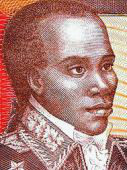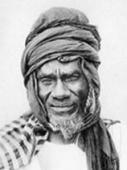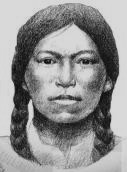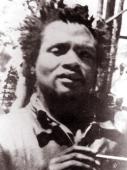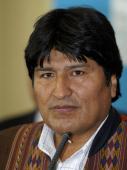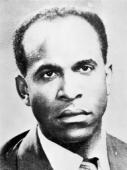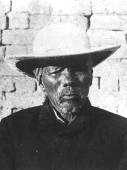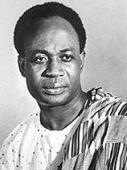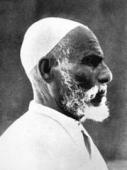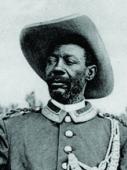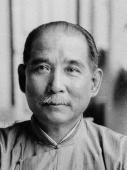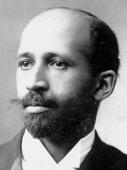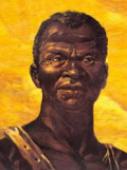Starting from 1853 the Kanaky - New Caledonia becomes a French colony. During the first decades of colonization the interest of the colonizers concerns land grabbing, while in a second moment it becomes the presence of large nickel reserves (III.B. Mineral resources, Page 10) and in recent years outpost against the feared Chinese expansion.
Starting from 1946 the Kanaky - New Caledonia is inserted by the United Nations in the list of non-self-governing territories but it comes out the following year for the French transformation of colonies into overseas departments and territories (DOM-TOM).
Starting from 1986 Kanaky - New Caledonia, thanks to the now generalized decolonization and to its own independence movement, is re-inserted by the United Nations in the list of non-self-governing territories thanks to resolution 41/41 which [...] affirms the inalienable right of the people of New Caledonia to self-determination and independence in accordance with Resolution 1514 (XV) [...].
On November 4, 2018 the first of the three referendums on independence, provided by the Nouméa Accord of 1998, took place seeing the victory of the anti-independentists with only 56.40% of the votes. Despite the defeat the independentists come out strengthened by this result, largely superior to the polls and the previous votes, towards the upcoming referendum and keeping in mind that a part of them has boycotted this first referendum.
Colonialism Reparation supports the independence of Kanaky - New Caledonia and calls for France to present apologies and compensations for the colonial period, also returning the land grabbed and the huge profits deriving from the extraction of nickel.

